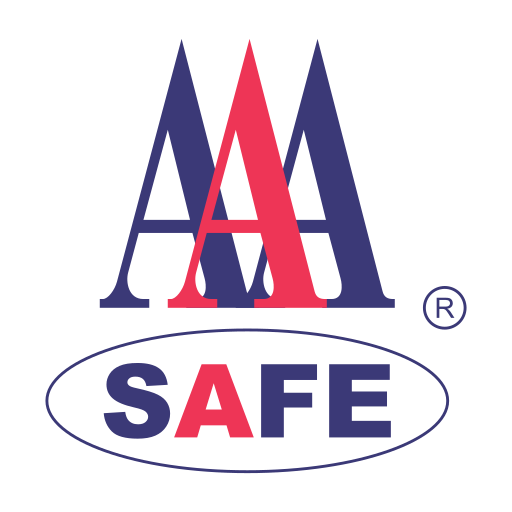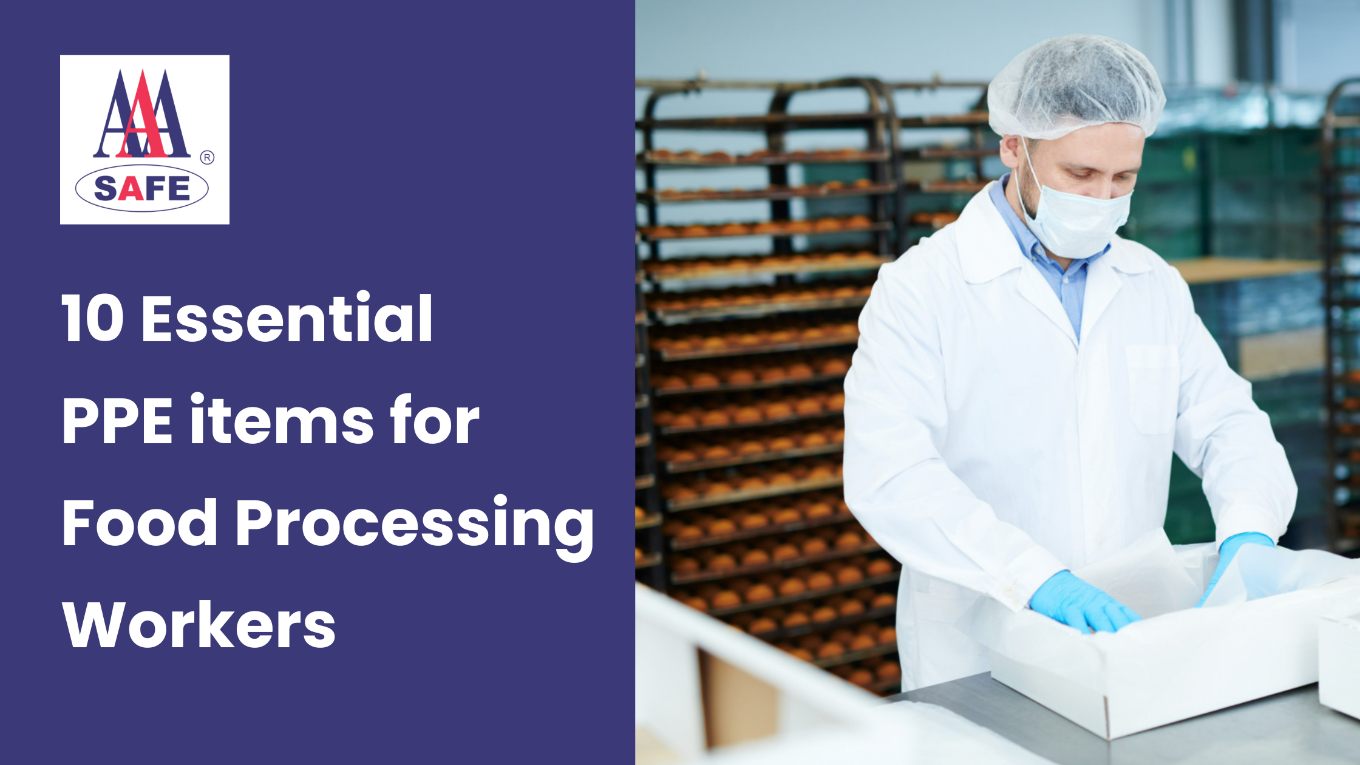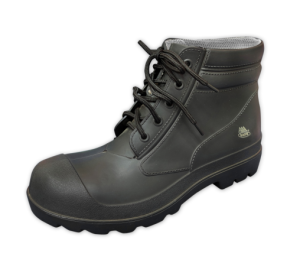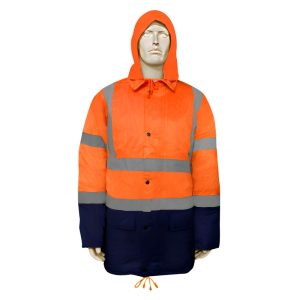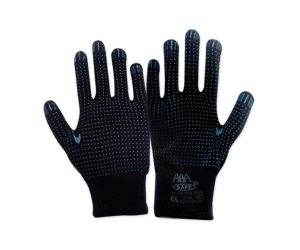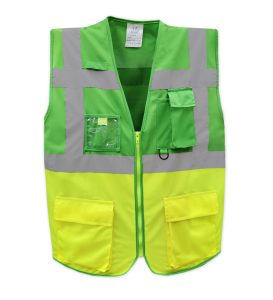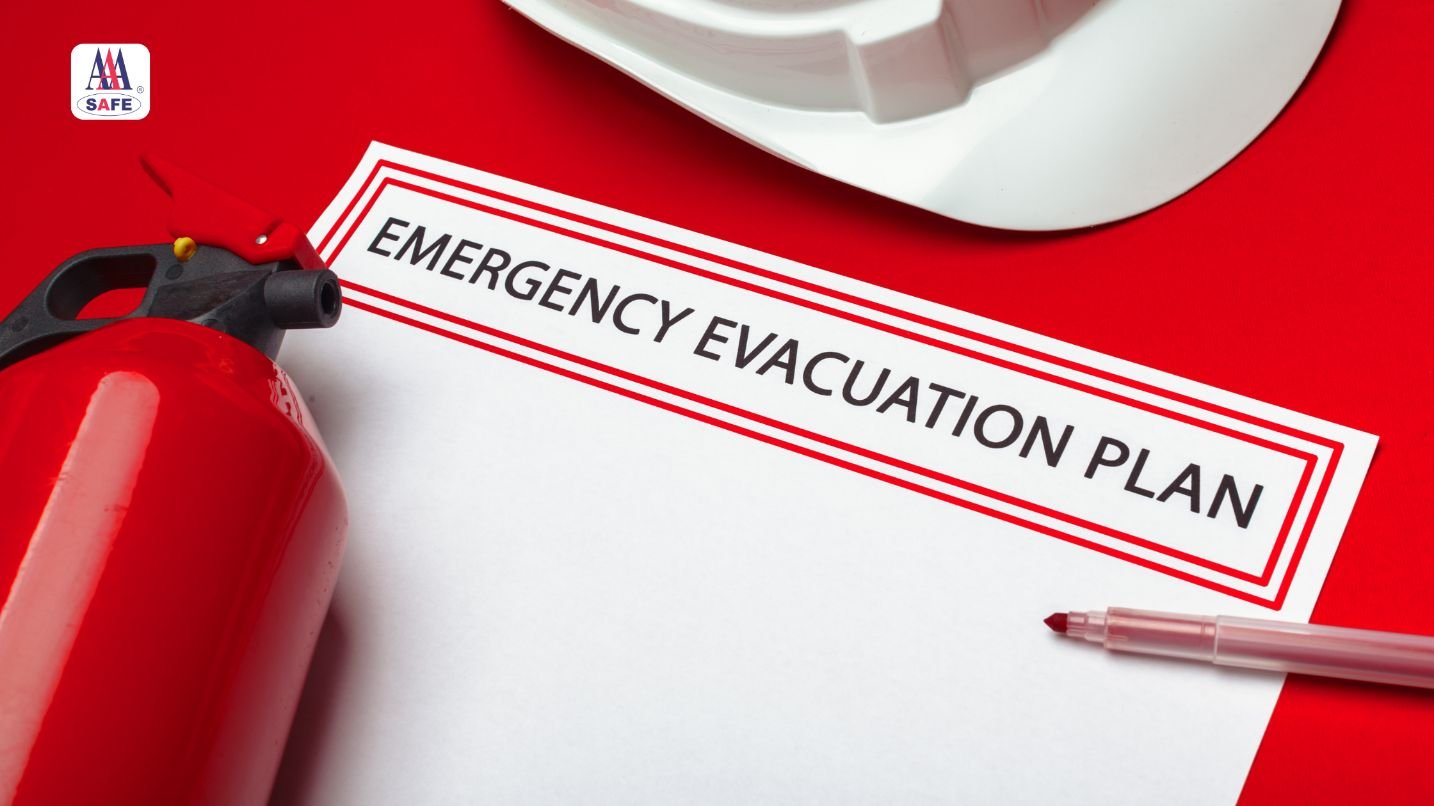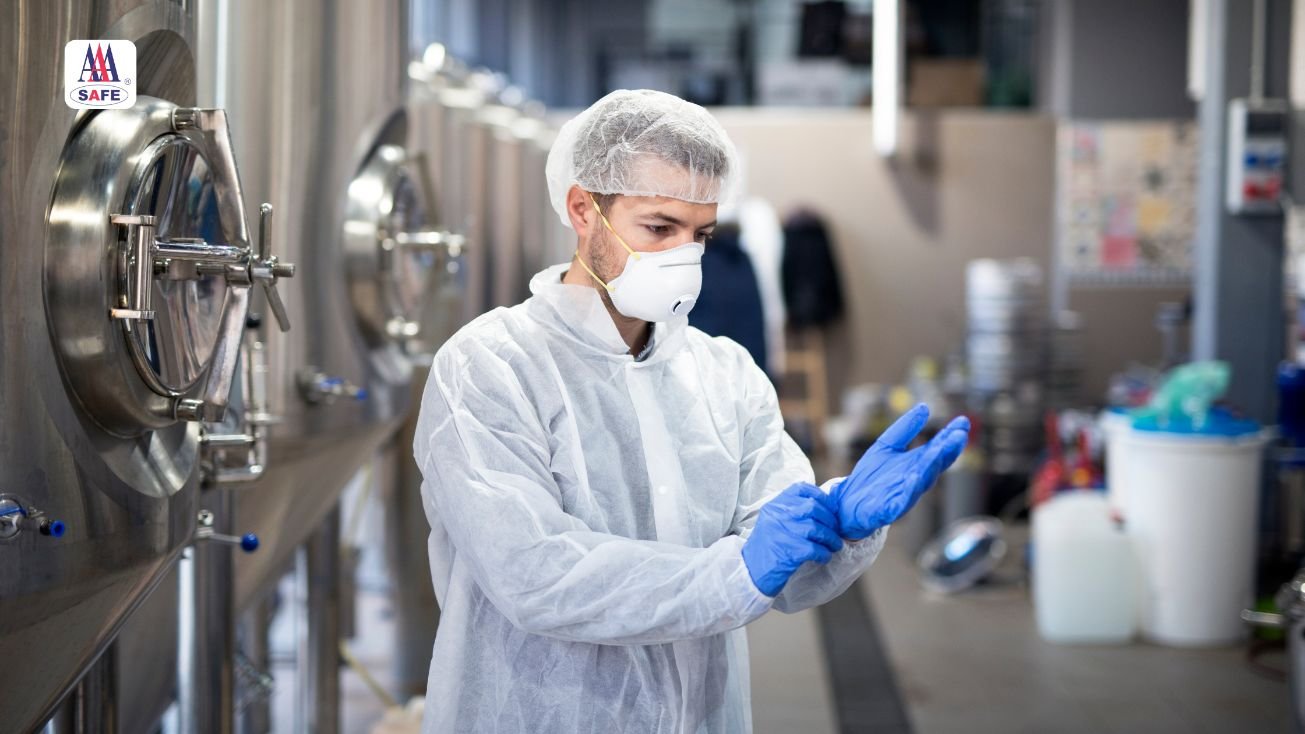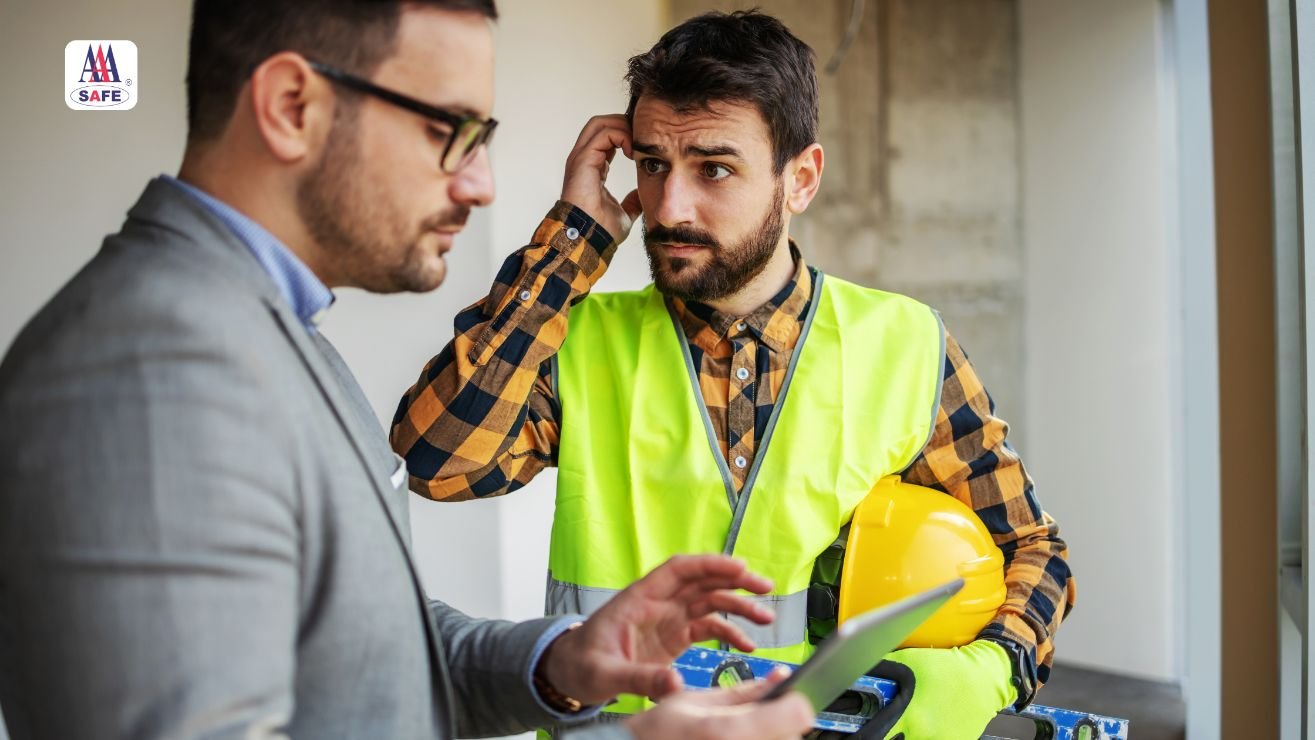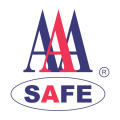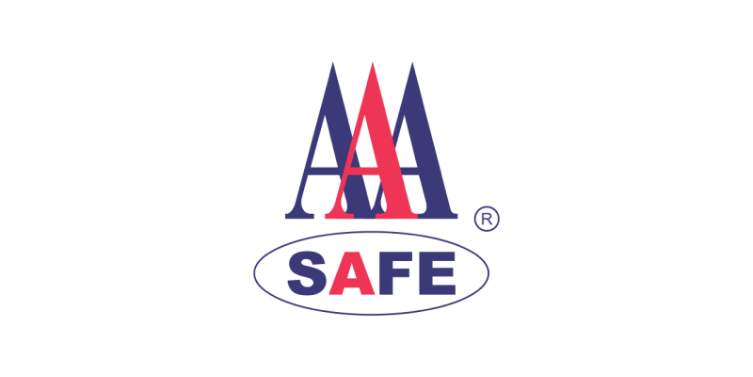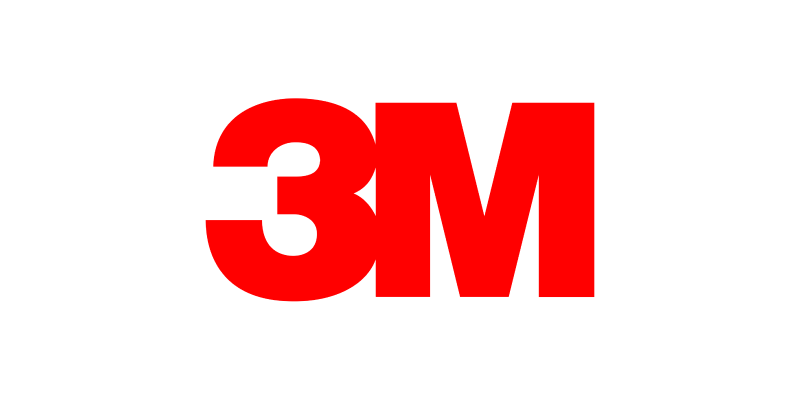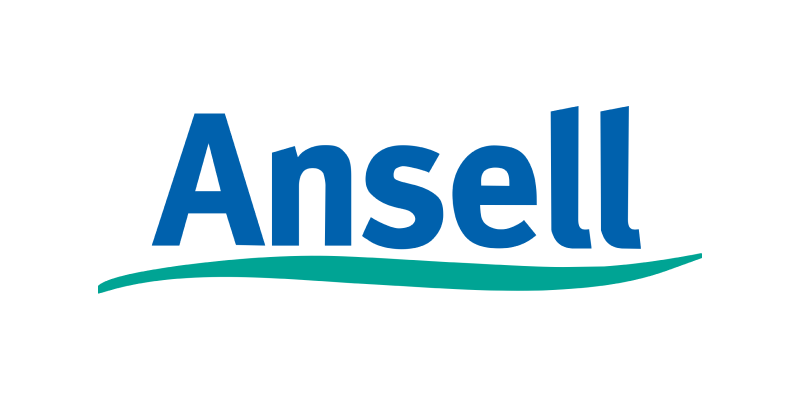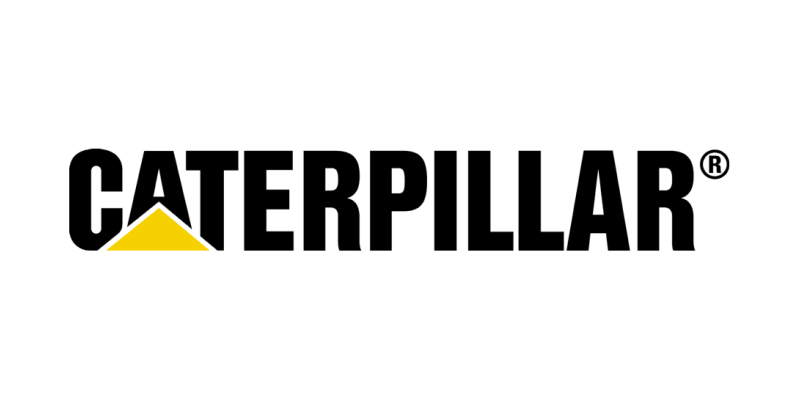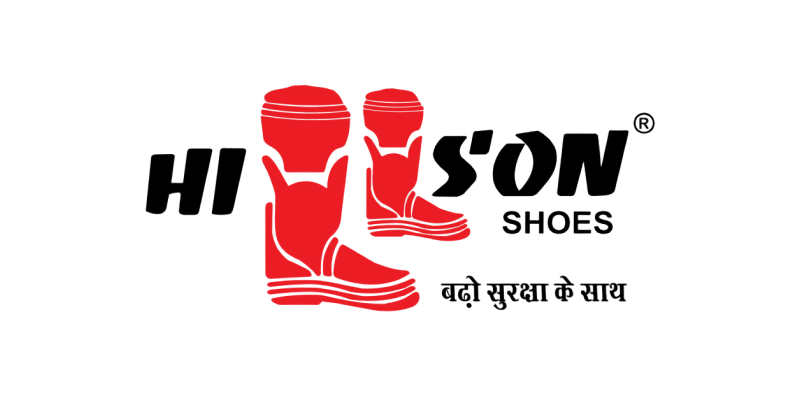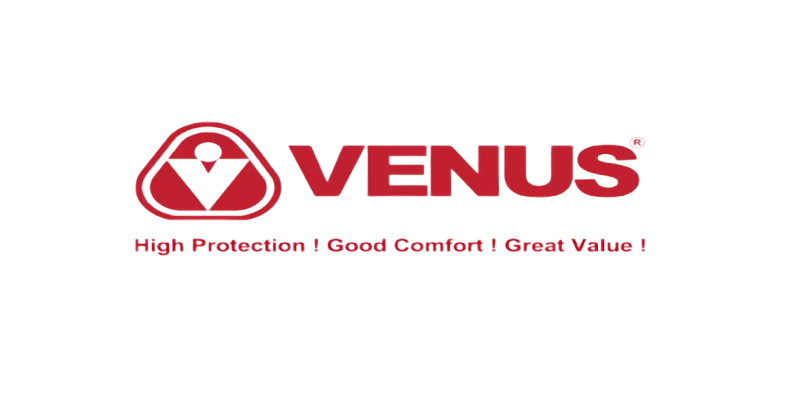In the United Arab Emirates (UAE), worker safety in the food processing industry is a top priority. As the food processing sector continues to expand due to growing demand and innovation, ensuring the safety of workers and preventing contamination of food products are crucial concerns. Personal Protective Equipment (PPE) plays a significant role in safeguarding workers from various hazards while ensuring the production of high-quality food products. This article highlights the 10 essential PPE items that food processing workers in the UAE must use to maintain safety and hygiene in their workplace.
Understanding the Importance of PPE in Food Processing
Before diving into the specific PPE items, it’s essential to understand why PPE is a vital aspect of food processing. PPE in food processing serves two main purposes:
- Protecting workers from potential hazards, including physical injuries, chemical exposure, burns, and contamination from machinery.
- Preventing contamination of food products, ensuring that no foreign materials, germs, or particles are transferred to food during the processing, packaging, or handling stages.
Given the high standards of food safety and hygiene required in the UAE, adherence to PPE protocols is not only a legal requirement but also a competitive edge for businesses in a thriving and diverse market.
The Growing Food Processing Industry in the UAE
The food processing industry in the UAE is a critical sector within the country’s economy, especially as it continues to diversify. As of recent reports, the UAE food processing market is expected to reach $18.4 billion by 2027, growing at a compound annual growth rate (CAGR) of 5.8%. The UAE has established itself as a regional hub for food production, with a focus on enhancing food security, increasing export capacity, and meeting the demands of an expanding population.
The UAE government has invested heavily in the food processing sector as part of its strategic plans, such as the Food Security Strategy 2051, which aims to make the country one of the top 10 global leaders in food security by 2051. The strategy emphasizes local food production, sustainability, and innovation in food processing technologies, all of which will require enhanced safety standards and worker protection to meet international food safety standards.
The 10 Essential PPE Items
1. Mob Caps
Mob caps are one of the most basic yet critical PPE items in food processing. These lightweight, breathable caps prevent hair from falling into food products during the processing stages. In the UAE’s warm and humid climate, selecting mob caps with good ventilation is essential to keep workers comfortable during long shifts.
Key Features:
Feature | Description |
Material | Lightweight, breathable fabric |
Function | Prevents hair and dust from contaminating food |
Climate Consideration | Breathable designs for hot, humid conditions |
Regulations | Compliant with food safety hygiene standards, often required by UAE regulatory bodies |
2. Safety Goggles
Eye protection is another essential PPE item. Safety goggles or glasses protect workers’ eyes from flying debris, splashes, chemicals, or potentially harmful particles. Food processing facilities in the UAE, many of which operate with advanced machinery, require robust eye protection to shield workers from any potential hazards that could cause injury.
Key Features:
Feature | Description |
Material | Impact-resistant polycarbonate lenses |
Function | Shields eyes from splashes, debris, and chemicals |
Special Consideration | Anti-fogging properties to enhance visibility in high-humidity environments |
Regulations | Must meet ANSI Z87.1 standards or equivalent for impact resistance |
3. Face Masks
Face masks have become increasingly important in food processing, particularly to prevent contamination from workers’ mouths and noses. Masks help protect food products from saliva, droplets, and airborne particles, ensuring hygienic handling of food. UAE regulatory bodies strictly enforce face mask usage in food processing facilities to comply with public health standards.
Key Features:
Feature | Description |
Material | Disposable or reusable options made from non-woven fabric |
Function | Prevents contamination from respiratory droplets |
UAE Regulations | Mandatory use in food handling to comply with health guidelines |
Maintenance | Must be disposed of after each use or cleaned according to health standards |
4. Disposable Gloves
Gloves are the most widely recognized PPE in food processing. They prevent direct hand contact with food products, reducing the risk of contamination and ensuring that food remains free from harmful bacteria or pathogens. In the UAE, food-safe, disposable gloves such as powder-free nitrile or latex gloves are commonly used for hygiene and safety.
Key Features:
Feature | Description |
Material | Nitrile, latex, or vinyl (powder-free) |
Function | Prevents contamination from hands to food |
UAE Considerations | Gloves must be disposable and compliant with food safety standards |
Regulations | Compliance with local food safety regulations for disposable gloves, such as those from the UAE Ministry of Climate Change and Environment (MOCCAE) |
5. Protective Aprons
Aprons protect workers’ clothing from spills, splashes, and stains, ensuring that hygiene standards are maintained in food processing areas. In the UAE, different types of aprons are used depending on the level of protection required for specific tasks, such as cutting, packaging, or handling chemicals.
Key Features:
Feature | Description |
Material | Waterproof, anti-bacterial fabric |
Function | Protects clothing and skin from food spills and chemicals |
UAE Considerations | Aprons must be easy to clean and suitable for handling specific food processing tasks |
Regulations | Must meet hygiene and cleaning standards as set out by the UAE Food Control Department |
6. Safety Footwear
Proper footwear is essential to prevent slips, trips, and falls in food processing environments. Given the high standards of safety in the UAE, anti-slip, water-resistant safety shoes are a must for workers who stand for long hours in potentially hazardous environments, such as wet or oily floors.
Key Features:
Feature | Description |
Material | Slip-resistant soles, water-resistant leather or synthetic materials |
Function | Prevents slips and provides support for long working hours |
UAE Considerations | Footwear must comply with local safety standards to avoid injury |
Regulations | Must be certified under UAE health and safety standards for PPE in industrial environments |
7. Ear Protection
Many food processing facilities in the UAE use loud machinery, such as grinders, mixers, and packaging equipment. Earplugs or earmuffs are necessary to protect workers’ hearing from long-term damage caused by exposure to high-decibel sounds.
Key Features:
Feature | Description |
Material | Soft foam or silicone earplugs, earmuffs with adjustable headbands |
Function | Reduces exposure to harmful noise levels |
UAE Considerations | Metal-detectable earplugs are often used for safety, allowing easy identification if they fall into the production line |
Regulations | Must meet noise reduction ratings (NRR) and UAE industrial noise safety regulations |
8. Cut-Resistant Gloves
In food processing environments that involve the use of sharp tools or equipment, such as meat processing or vegetable preparation, cut-resistant gloves provide an extra layer of protection. These gloves are essential for workers who handle knives, slicers, or other sharp implements.
Key Features:
Feature | Description |
Material | High-performance polyethylene (HPPE), stainless steel mesh, or Kevlar |
Function | Protects hands from cuts and abrasions |
Special Considerations | Must provide flexibility for dexterity while offering protection |
Regulations | Compliance with food safety standards for handling sharp objects in food production environments |
9. Cooling Vests
Given the UAE’s extreme heat, cooling vests have become an essential PPE item for workers in food processing facilities. These vests help regulate body temperature, reducing the risk of heat stress and ensuring workers can perform their duties comfortably in hot environments.
Key Features:
Feature | Description |
Material | Cool-tech fabrics or gel-based cooling technology |
Function | Helps maintain body temperature and reduces heat stress |
UAE Considerations | Cooling vests are particularly important in the UAE’s hot climate, ensuring worker comfort and safety |
Regulations | Must meet UAE’s occupational health standards for heat-related stress and working conditions in high-temperature environments |
10. Respirators
In certain food processing environments, especially those dealing with powdered ingredients or chemical cleaning agents, respirators are necessary to protect workers from inhaling harmful substances. The UAE market offers a range of respirators, from basic disposable masks to more advanced powered air-purifying respirators (PAPRs).
Key Features:
Feature | Description |
Material | N95, P100, or powered air-purifying respirators (PAPRs) |
Function | Filters out harmful particles, vapors, or chemicals |
UAE Considerations | Respirators must be certified for specific workplace hazards and comply with the UAE’s occupational safety guidelines |
Regulations | Respirators must meet standards from the UAE Ministry of Health and other regulatory bodies |
PPE Regulations in the UAE
The UAE has stringent regulations governing the use of PPE in food processing. The UAE Standardization and Metrology Authority (ESMA) is responsible for setting and enforcing PPE standards. All PPE sold in the UAE must be ESMA-certified to ensure it meets international safety standards.
Conclusion
The food processing industry in the UAE is experiencing robust growth, driven by government initiatives and increasing demand for food safety. The 10 essential PPE items outlined in this article are critical for ensuring worker safety and maintaining the highest standards of hygiene in food production. By using the right PPE, businesses in the UAE can promote a safer, healthier work environment, reduce workplace injuries, and ensure the quality of the food products they produce.
As the food processing sector continues to innovate and expand, businesses should stay informed about evolving regulations and the latest PPE technologies to maintain compliance and ensure worker protection in this dynamic and essential industry.
